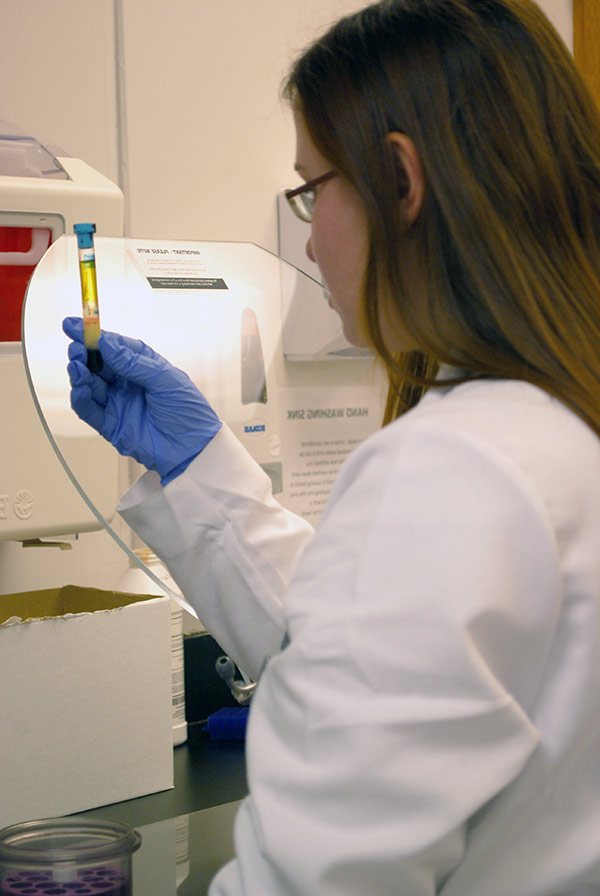Services
RCMU services can be utilized to perform project management, assist with specific study components, or fill in for regular research staff as needed.
See below for a list of commonly requested services.
Protocol Development
We provide expertise and guidance on the development of a clinical or master protocol for investigator-initiated research. RCMU consultations are available to guide and support you as you design protocols and navigate through the scientific review process.
Services include:
- Review and feedback on clinical or master protocols
- Guidance with Scientific Review Committee (SRC) review process
- Recommendation of suitable protocol template
Study start-up
- Feasibility assessment (e.g., review recruitment plan, methods, implementation, timeline, etc.)
- Prepare/submit regulatory documents to the IRB and/or study sponsor
- Develop consent forms and/or study materials
- Develop data collection materials (e.g., case report forms, documentation forms, questionnaires, etc.)
- Train existing research staff
Study implementation
- Protocol development support
- Review and feedback on clinical or master protocols
- Guidance with Scientific Review Committee (SRC) review process
- Recommendation of suitable protocol template
- Quality assurance / Study monitoring services
- Clinical monitoring plan development
Study execution
- Establish workflows in an existing environment (e.g., in clinic)
- Screen for and/or recruit study participants
- Enroll study participants and obtain informed consent
- Schedule and conduct study visits with participants
- Collect study data (in-person, by phone, or via chart review)
- Collect and/or process study specimens (may include phlebotomy)
- Distribute study participant payments
- Assist with study reporting (eg. progress reports)
Study close-out
- Complete and organize study records for appropriate storage
- Manage data queries
- Regulatory close out (e.g., IRB application closure)
Quality Assurance / Monitoring
We offer quality assurance and monitoring services for clinical trials that are not routinely monitored by any other entities.
Quality assurance involves the early identification of problems or potential problems in study conduct.
Clinical trials are monitored to ensure compliance with the approved protocol, federal regulations, and institutional policies.
Study monitoring is assuming responsibility for reviewing events and outcomes during the implementation of a study in two domains: 1) the safety of participants (protecting the rights of subjects, monitoring for the occurrence of adverse events, continuing to assess the risk/benefit ratio). 2) the integrity and quality of the data (monitoring the trial data for accuracy/completeness, ensuring the data is verifiable, verifying that the trial was conducted in compliance with the protocol, GCPs, local regulatory requirements and approvals).
The level of monitoring should be commensurate with the size and complexity of the trial, the level of risk to study participants, and phase of the trial. Learn more about developing a Data and Safety Monitoring Plan or need for a Monitoring Group/Board (.docx).
Services include:
- Regulatory File Review
- Source Documentation Verification
- Informed Consent Review
- Patient Eligibility Confirmation
- Protocol Compliance Review
- Investigational Product & Pharmacy Monitoring
- Assessment of Safety Reporting Requirements
- Review of Training Records
- Development of Study Monitoring Plans
Because RCMU staff are integrated within TraCS they are able to work closely with other NC TraCS services, such as Informatics and Data Science, Patient and Community Engagement, Proposal Development, Recruitment, and Regulatory, leveraging this broad expertise to improve our methods and outcomes.

[RCMU staff has] the concept of running a clinical trial and coordinating within UNC. This makes training the specific protocol or therapeutic area much easier and minimizes training time to start a trial.
— RCMU customer